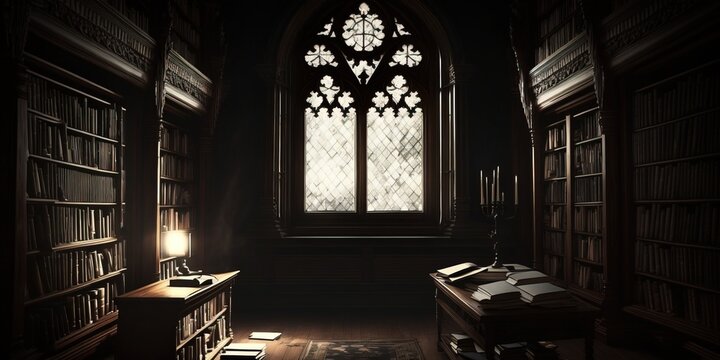
FAQ About Gothic Literature
Gothic Literature
2 years ago | gizem
What is the role of the supernatural in Gothic Literature?
The role of the supernatural in Gothic Literature is multifaceted and integral to the genre's overall atmosphere and themes. It serves several key purposes:
- Creating a Sense of Fear and Wonder: The supernatural elements in Gothic literature often include ghosts, vampires, monsters, and other paranormal phenomena. These elements evoke fear, wonder, and fascination in readers, contributing to the genre's emotional intensity.
- Enhancing Atmosphere: The supernatural is used to enhance the eerie and unsettling atmosphere that is characteristic of Gothic works. The presence of the unexplainable or the unknown adds to the sense of mystery and suspense.
- Exploring the Uncanny: Gothic literature frequently explores the concept of the "uncanny," which refers to experiences that are simultaneously familiar and strange. Supernatural occurrences often embody this concept, creating a sense of unease and discomfort.
- Confronting the Unexplainable: The supernatural allows Gothic authors to confront the limits of human understanding and reason. It raises questions about the existence of the supernatural and challenges characters and readers to grapple with the inexplicable.
- Symbolizing Hidden Fears and Desires: The supernatural can serve as a symbolic representation of hidden fears, desires, or psychological conflicts. For example, a ghost might symbolize guilt or unresolved trauma.
- Reflecting the Dark Side of Humanity: The supernatural can be a mirror for the dark and primal aspects of human nature. It often embodies evil, temptation, and the consequences of unchecked ambition.
- Highlighting the Vulnerability of Characters: Characters in Gothic literature are often vulnerable to supernatural forces, which underscores their helplessness and heightens the tension in the narrative.
- Exploring the Border between Life and Death: Ghosts and revenants are common in Gothic literature, blurring the line between the living and the dead. This exploration of the boundary between life and death can be both unsettling and thought-provoking.
- Contributing to the Uncertainty: The presence of the supernatural creates uncertainty and ambiguity in Gothic narratives. Readers are left wondering whether the supernatural events are real or the product of the characters' imaginations.
- Adding Depth to Themes: The supernatural elements in Gothic literature often deepen the exploration of themes such as mortality, the human psyche, and the consequences of human actions.
